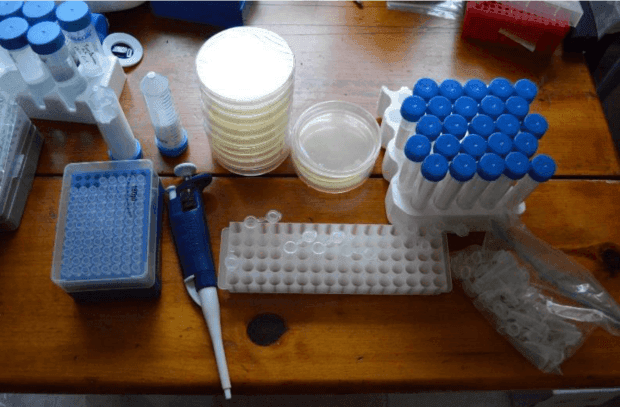Humans Found to Hold Immunity to CRISPR-Cas9

CRISPR-Cas9, the 21st Century’s most promising genetic modification tool has shown to be unusable in humans, thanks to adaptive immunity already present in human beings.
In a pre-print paper published by researchers at Stanford University, more than 65 percent of human subjects had antibodies that would fight Cas9 proteins propagation in human beings. More specifically 79% of donors showed antibody against SaCas9 and 65% of donors showing antibodies against SpCas9. Both high enough to push researchers back to the drawing boards and look for alternatives that can help in gene modification in humans.
To explain why the success of Cas9 is so important, we need to look at how CRISPR-Cas9 gene modifiaction works in bacteria. Genome editing is done by the induction of a site specific DNA double stranded break followed by introduction of altered genes. The Cas9-gRNA system consists of the site-specific Cas9 nuclease that, when complexed with a short gRNA, can be directed to create a double strand break in a wide variety of DNA sequences. By disabling the Cas9 protein, the human cell breaks the process of gene modification entirely.
Although the paper hasn’t been peer reviewed, the study alone is enough to push back personalized medicine and other cures for genome based diseases. The results shouldn’t come as big of a surprise to researchers, since Staphylococcus aureus and
Streptococcus pyogenes, the two bacteria from which the Cas9 proteins have been derived are known to infect humans and our bodies have developed immunity against them.
Source: https://www.biorxiv.org/content/early/2018/01/05/243345



